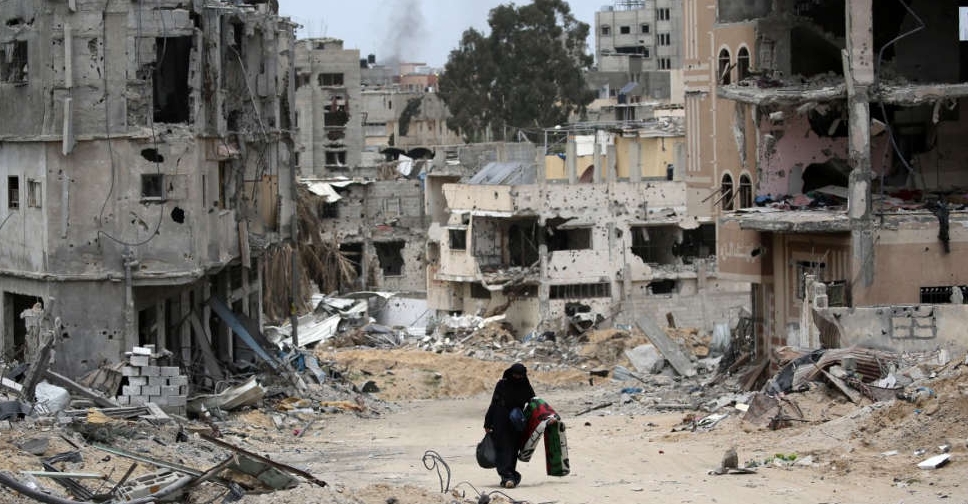
The northern Gaza Strip is still heading toward a famine, the deputy UN food chief said on Thursday, appealing for a greater volume and diversity of aid to be allowed into the enclave and for Israel to allow direct access from its Ashdod port through Erez crossing.
Israel pledged three weeks ago to improve aid access, including reopening Erez and allowing the use of Ashdod port. The move came after US President Joe Biden demanded steps to alleviate the humanitarian crisis in Gaza, saying the US could place conditions on support if Israel did not act.
"We certainly welcome those commitments and some of them have been partly implemented. Some remain to be implemented," World Food Programme (WFP) Deputy Executive Director Carl Skau told reporters, adding that for WFP there had been an "uptick" in getting aid in and some progress in accessing northern Gaza.
"But it's far from enough. We need volume and we need diversity of goods and we really need consistency," he said. "We're still heading towards a famine (in the north)."
UN Secretary-General Antonio Guterres said last week that Israel's commitments to improve aid access in the Gaza Strip had so far had limited and sometimes no impact. A UN-backed report published in March said famine was imminent and likely by May in northern Gaza and could spread across the enclave of 2.3 million people by July.
MALNOURISHED CHILDREN
Both Skau - and UN humanitarian and reconstruction coordinator for Gaza, Sigrid Kaag, who briefed the UN Security Council on Wednesday - said more nutritional and medical aid needed to enter Gaza to avert a famine.
"For example, treating acutely malnourished children or pregnant women is not a matter of eating more calories. They require therapeutic and supplemental foods as well as long-term medical care," Kaag told the Security Council.
Israel's military said last week that eight WFP trucks of flour for Gaza came from Ashdod for the first time.
But they had to travel through Israel to be inspected at the Israeli-controlled Kerem Shalom crossing on Gaza's southern border before traveling back up an Israeli military road along the Gaza border fence to enter northern Gaza via Erez crossing.
"What we would like to do, and what we understand the commitment to be, is to use Ashdod - not only for wheat, but also for other commodities - and from there go straight into Erez, which is an hour-and-a-half drive, rather than to go in and around Kerem Shalom," Skau said.
The UN is in talks with the United States about a floating pier it is constructing to allow maritime aid deliveries to Gaza directly from Cyprus. But both Skau and Kaag said maritime access was no substitute for land deliveries, which needed to remain the focus of aid operations.
"The objective here is to get as much food to those most needy as possible and we will try to find every way to do so," Skau said. "But we need to also remain somewhat independent, so that we can really have access to the communities and deliver in a safe and secure way."



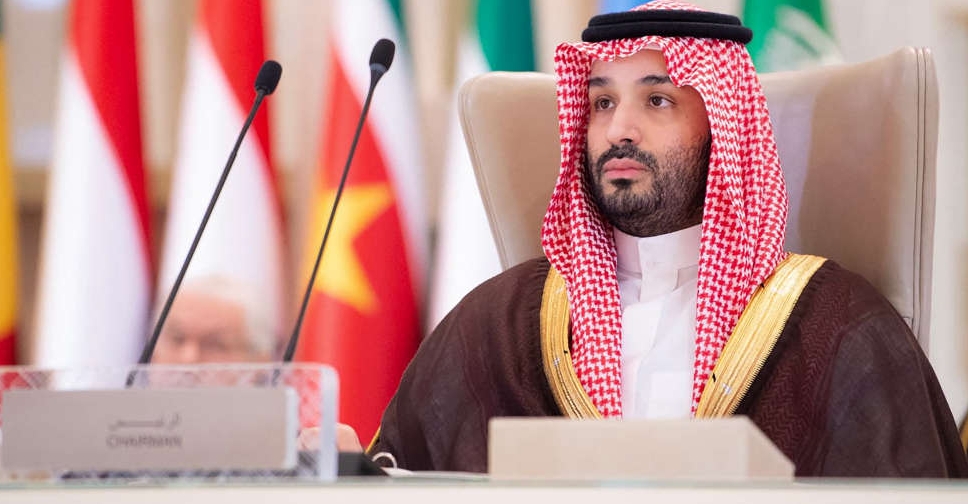 Saudi Crown Prince bin Salman to visit Trump in White House
Saudi Crown Prince bin Salman to visit Trump in White House
 Man charged with 10 counts of attempted murder after knife attack on UK train
Man charged with 10 counts of attempted murder after knife attack on UK train
 Tanzania's Hassan sworn into office after deadly election violence
Tanzania's Hassan sworn into office after deadly election violence
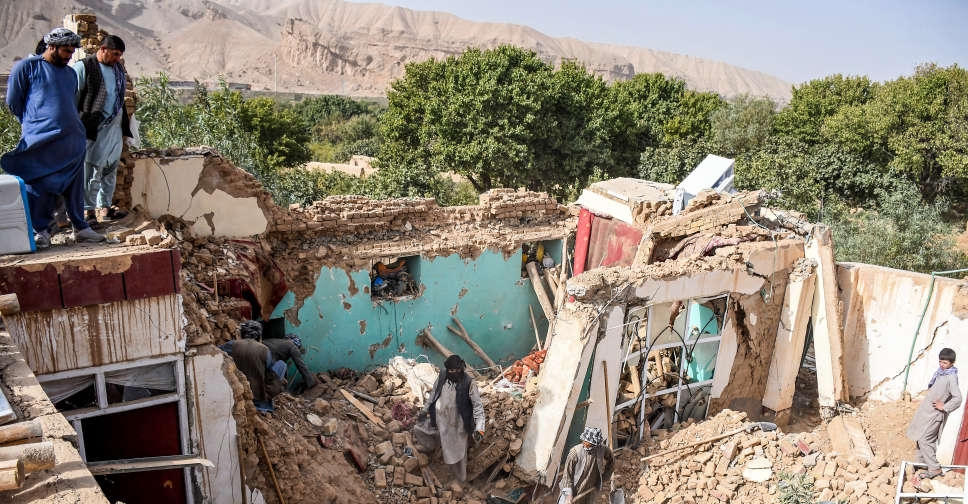 Powerful 6.3 quake kills at least 20 in Afghanistan, hundreds injured
Powerful 6.3 quake kills at least 20 in Afghanistan, hundreds injured
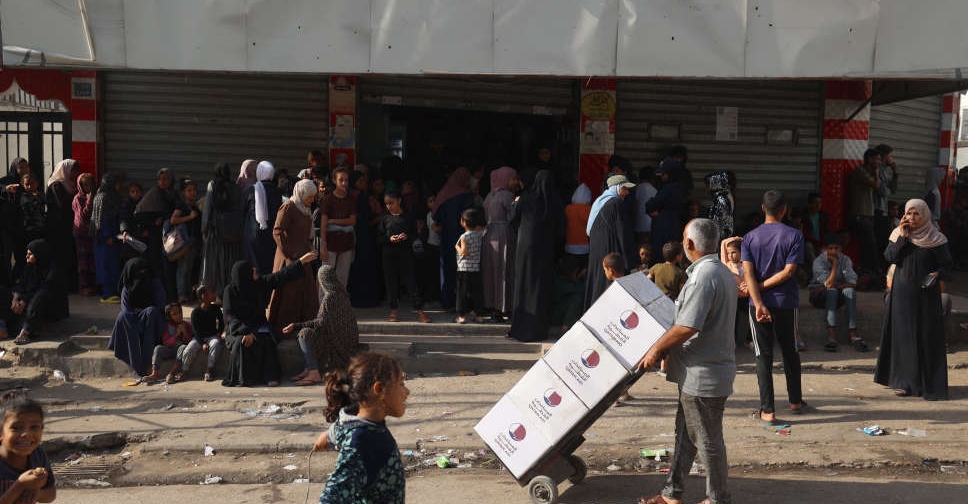 Turkey set to call for action on Gaza as soon as possible, source says
Turkey set to call for action on Gaza as soon as possible, source says
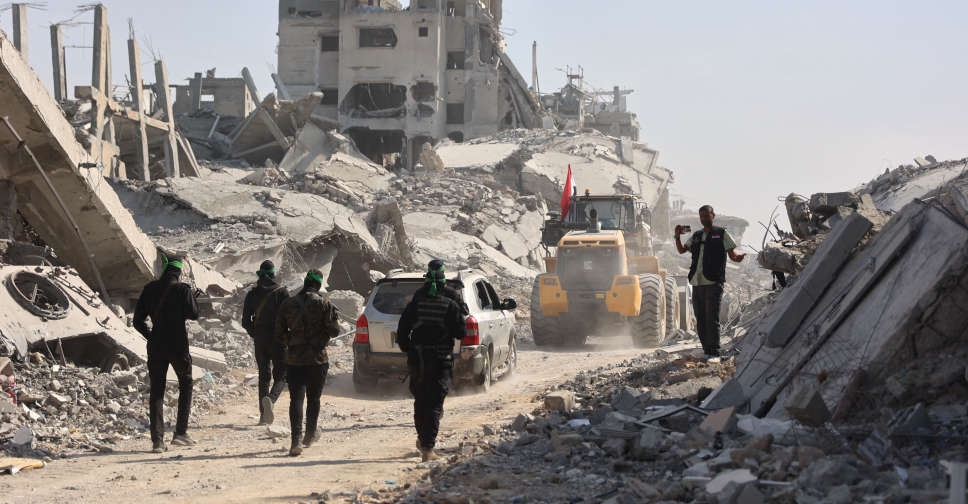 Hamas hands over three more hostage bodies
Hamas hands over three more hostage bodies
 India federal agency freezes Anil Ambani Group's $853 million properties
India federal agency freezes Anil Ambani Group's $853 million properties
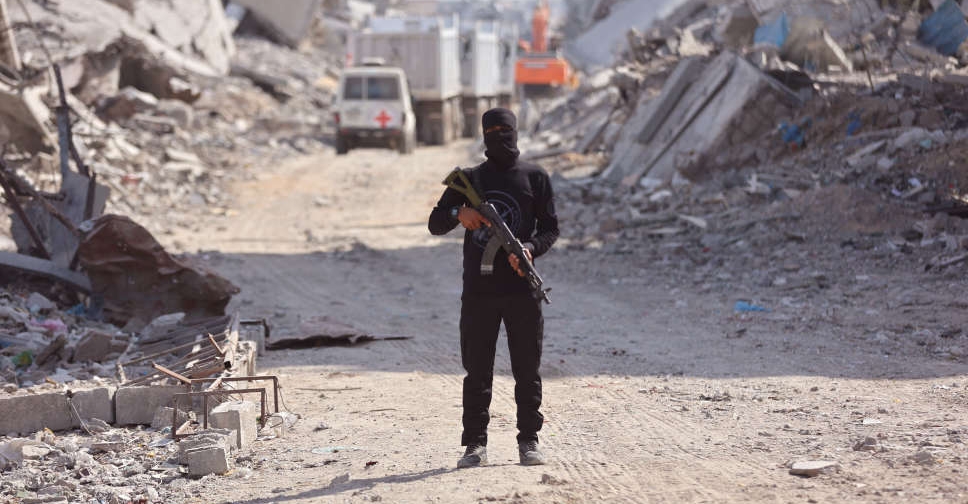 Israeli strike kills one in Gaza as sides trade blame for truce violations
Israeli strike kills one in Gaza as sides trade blame for truce violations




